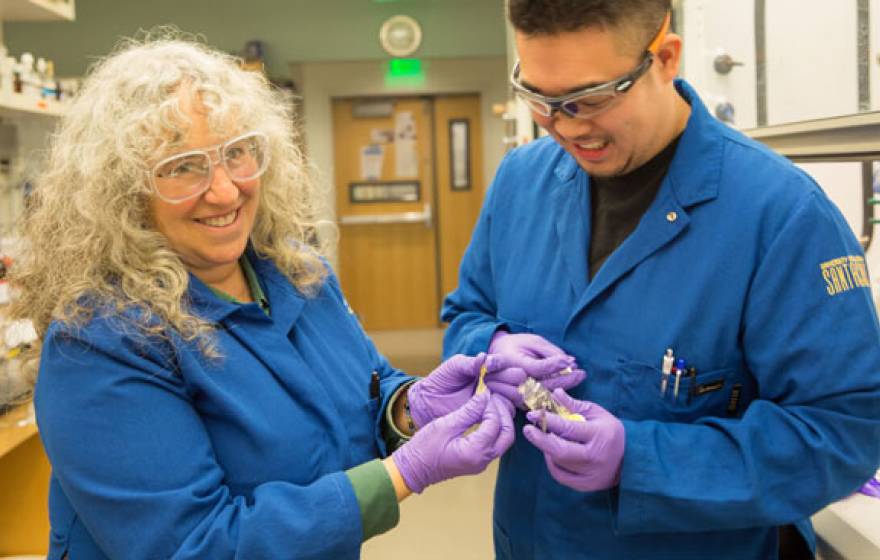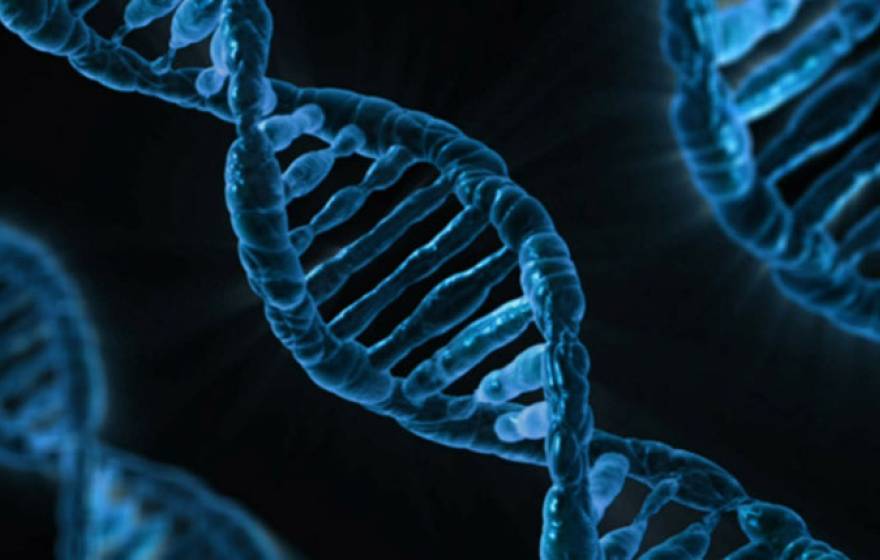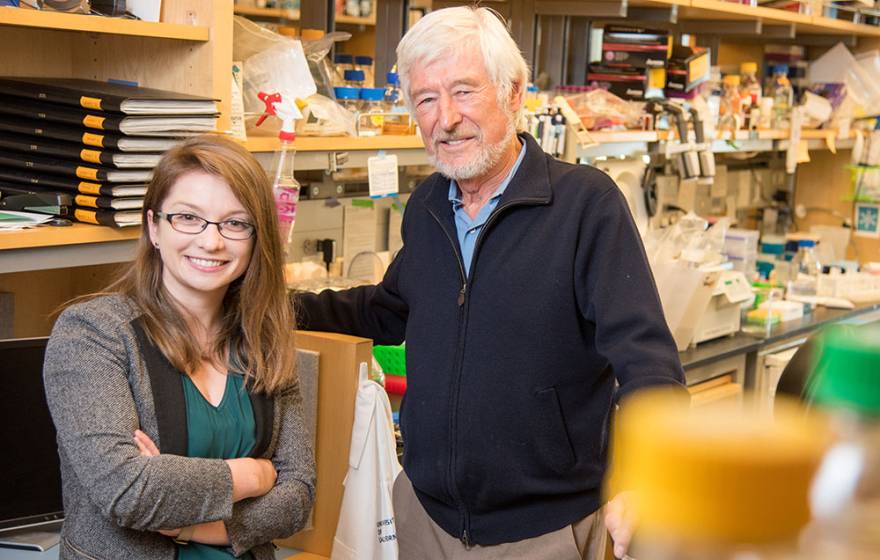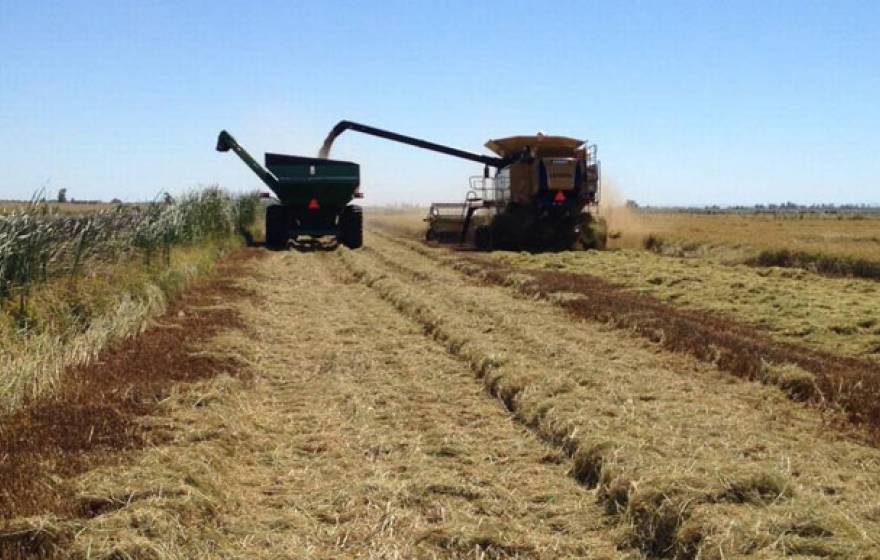Only 60 Santa Cruz Island horses remain. UC Davis researcher Amy McLean is working to keep the line alive.
Research links anti-immigrant prejudice to mortality risk
U.S.-born individuals of immigrant descent fare much worse than their foreign-born counterparts.
The ‘aha moment’ that led to nuclear physics
How Ernest O. Lawrence looked inside the atom — and beyond.
The ‘aha moment’ that led to nuclear physics
How Ernest O. Lawrence looked inside the atom — and beyond.
A safer, better plastic
Aging plastic leaches harmful chemicals. Rebecca Braslau has made it her life's work to create a safer alternative.
How ‘junk’ DNA plays a role in cancer
Nearly 200 mutations have been identified that play a functional role in cancer, opening new avenues for treatment.
Meditation's lasting power
A first-of-its-kind study of meditation practictioners shows they are able to maintain their cognitive gains.
An invisibility cloak in real life
Inspired by animals, engineers have developed a material that is invisible to infrared night vision cameras.
Sure, cancer mutates, but it has other ways to resist treatment
New research exposes how cancer can resist treatment — and how scientists can improve their response.
Pop-up institutes help medical research advance quickly, cheaply
If restaurants and retail can test new concepts with minimal investment, why not medicine?
Poor grades are tied to mismatched class times, study says
Being a night owl is not an “excuse” — how we learn is affected by our biological rhythms.
I’m a fourth-generation California farmer. My research is one reason to support UC
UC Davis grad student Telha Rehman has carried his family's legacy into research that could change the world.











